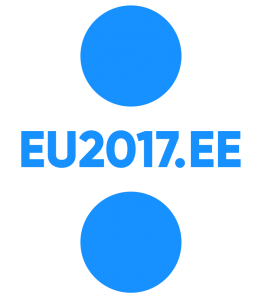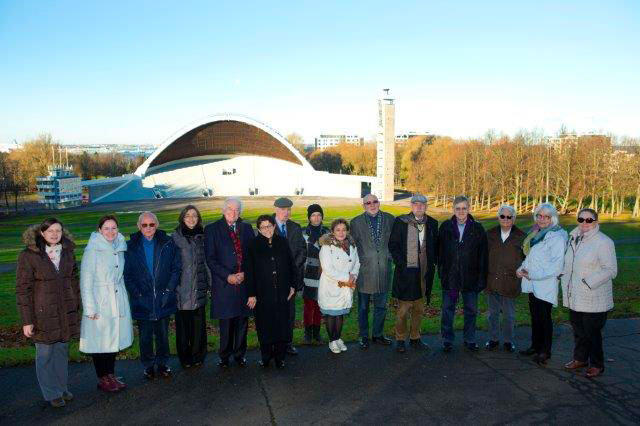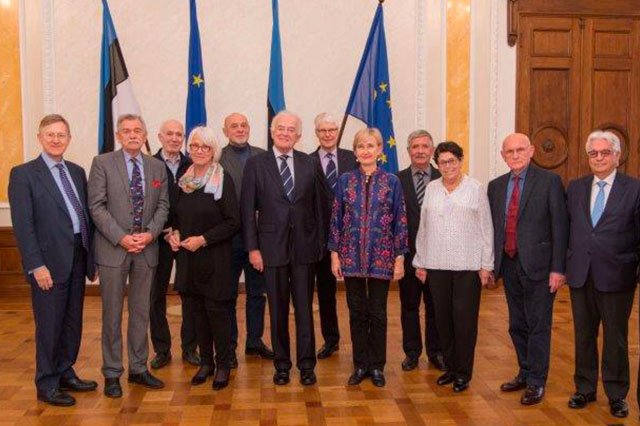
- This event has passed.
2017 FMA Visit to Estonia

Files
The visit took place on 6 and 7 November 2017. You can read here below a report from Michael McGowan that was published on the December 2017 FMA Bulletin.
Report
Besides Estonia’s defence priorities, the country’s leading defence MP Marianne Mikko is determined to promote its cultural heritage and digital expertis .
Estonia is the most northerly if the three Baltic states, the country shares a border with Russia, and it has linguistic ties with Finland. And since independence in 1991 membership of the EU has been one of the main objectives of Estonian foreign policy.
The country has a history of being occupied so many times during its history including by both Nazi Germany and the Soviet Union in recent times and is extremely sensitive to being a small and fairly remote country on the edge of the EU.
And sharing a border with Russia and the annexation of The Crimea by Russia has not lessoned the country’s anxiety.
The country was ruled at various times during the middle ages by Denmark, the German knights of the Livonian Order, and Sweden, and ended up as part of the Russian Empire in the 18the century.
It experienced its first period of independence in 1918, following the end of the First World War and the collapse of the Russian empire.
In 1920 a peace treaty was signed with Russia, in 1939 the Soviet Union compelled Estonia to accept Soviet military bases, and in 1940 Soviet troops marched in 1940 into Estonia which was incorporated into the Soviet Union.
German troops invaded Estonia in 1941 and the country was annexed again in 1944 by the Soviet Union when tens of thousands of Estonians were deported to Siberia and Central China.
Michael McGowan, PES, United Kingdom (1984 – 1999)


Since the collapse of the Soviet Union, the country has become one of the most economically successful of the EU’s newer eastern member states.
The recent former EU Moscow envoy Vygaudas Usackas has said that he does not think Russia under Putin will change its attitude to the Baltic states but that he “believes in dialogue and it is important not to label Russia and its people as a terrorist state”.
The leading Estonian defence MP, Marianne Mikko, also shares the view that despite the potential threat to her country from Russia under Putin, dialogue is important however sensitive or difficult.
Marianne Mikko is a member of the Estonia Parliament, she heads the Estonian delegation to the Parliamentary Assembly of the Council of Europe, and is a former Socialist MEP.
As an experienced journalist, a member of the Women for Defence group in Estonia, and having served as an MEP on the Culture and Media committee of the parliament, she is extremely important in Estonian and European defence politics.
Marianne Mikko said it is important for Europe to take its own defence and security needs seriously and for both NATO and non NATO countries within the EU to work together for their common defence.
A fascinating aspect of Estonia’s history and culture especially music is its tradition of choral singing with the amazing success of the “Singing Revolution” in helping to achieve independence from the mighty Soviet Union by the use of its voice and choral singing .
The country has long experience of mobilising the creative talents and collective voices of its people and perhaps more than any other country in the world the history of Estonia is a story set to a song.
And besides its concentration on defence and security Estonia is a world leader in digital technology and this small Baltic county of 1.3 million people it is determined to enhance further the profile of its digital voice during its current EU presidency.
Michael McGowan, PES, United Kingdom (1984 – 1999)
